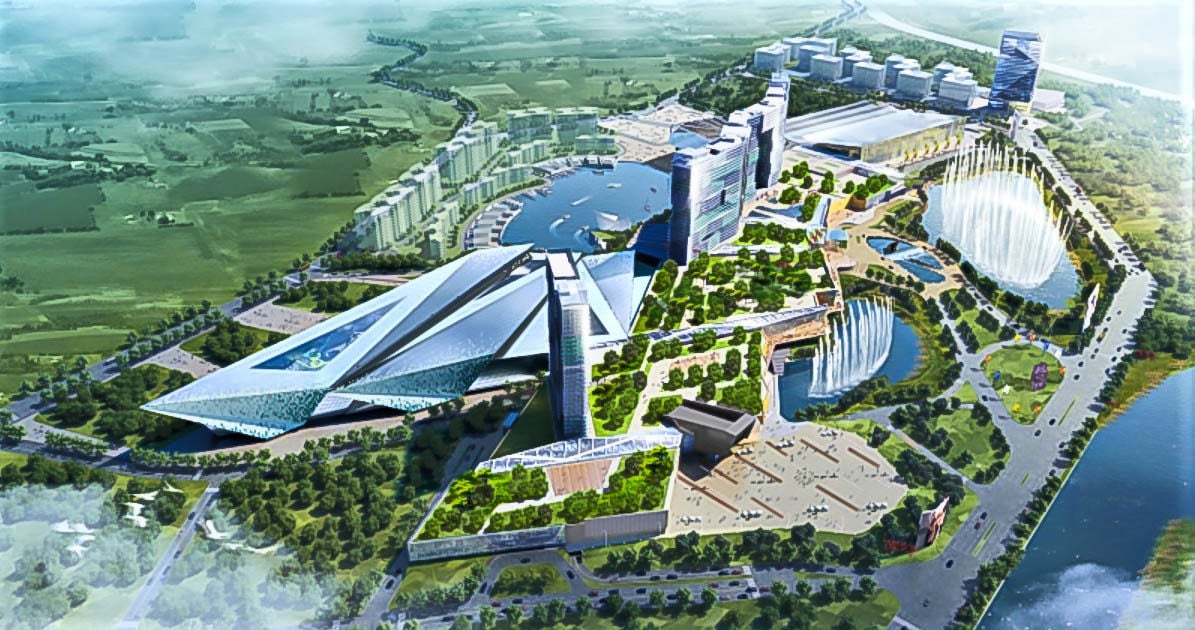
- Billed as part of China’s Belt and Road Initiative, a project to turn a shabby Bulgarian village into Europe’s first ‘smart city’ hasn’t got off the ground. What went wrong?
On a grey midwinter morning in Ravno Pole, a handful of mostly elderly residents amble listlessly past the scruffy village square, some picking up groceries from a small shop, others sitting on plastic seats in the lone cafe, tucking into US$2 servings of chicken and rice.
The houses dotted around the square are crumbling, the roads potholed, and the only signal of profitable activity comes from the rumble of trucks passing through on their way to and from an industrial estate and a supermarket warehouse.
An air of somnolence and quiet decay hangs over the village, which seems stuck in its Communist-era past, nearly unchanged since 1990, when a wave of protests in the nearby capital, Sofia, brought a close to Bulgaria’s four dark decades behind the Iron Curtain.
It is a scene you might find in thousands of villages across Bulgaria, or other former Eastern Bloc countries still struggling to catch up with wealthy Western neighbours. And for Ravno Pole, it is particularly harsh because things were supposed to be dramatically different.
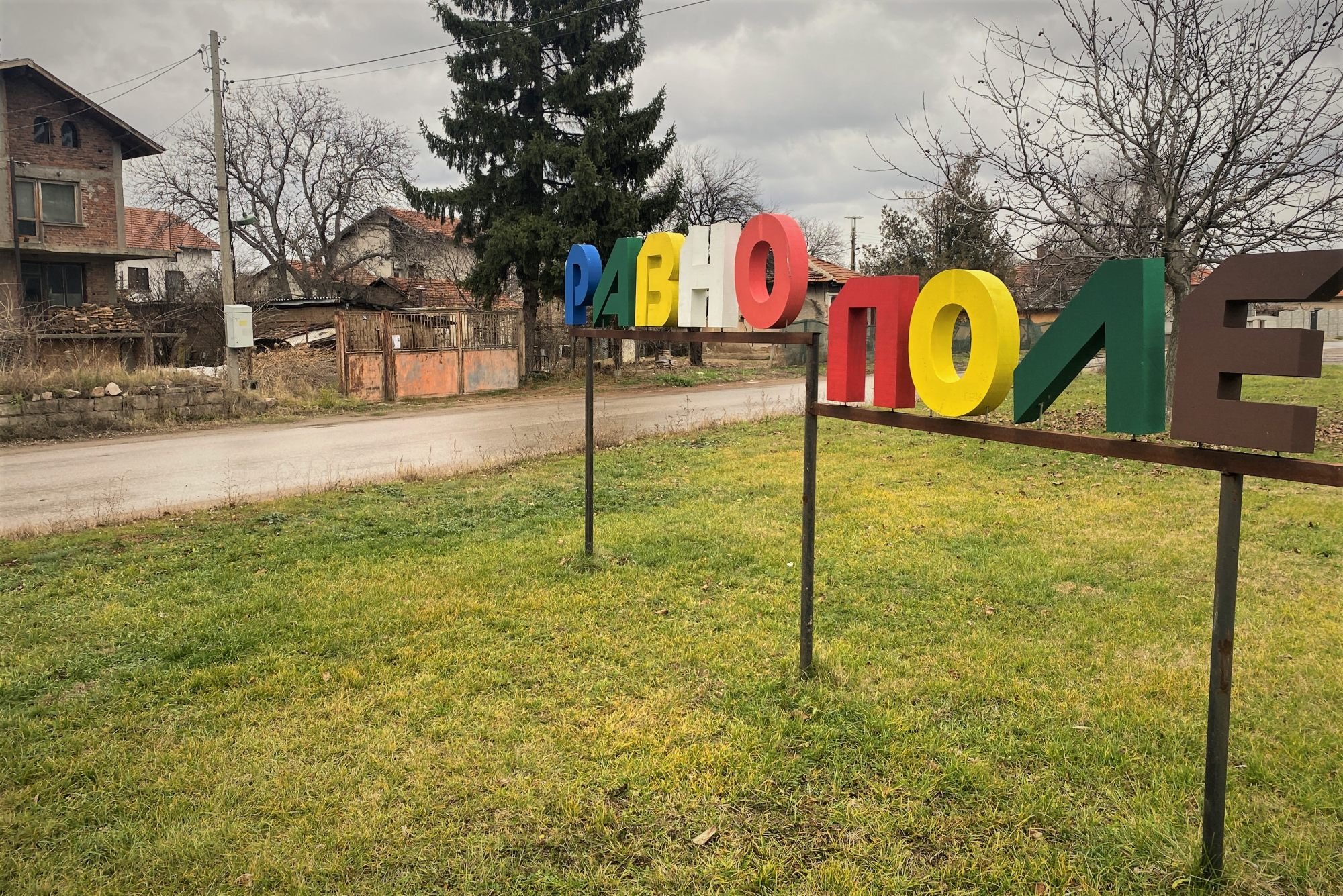
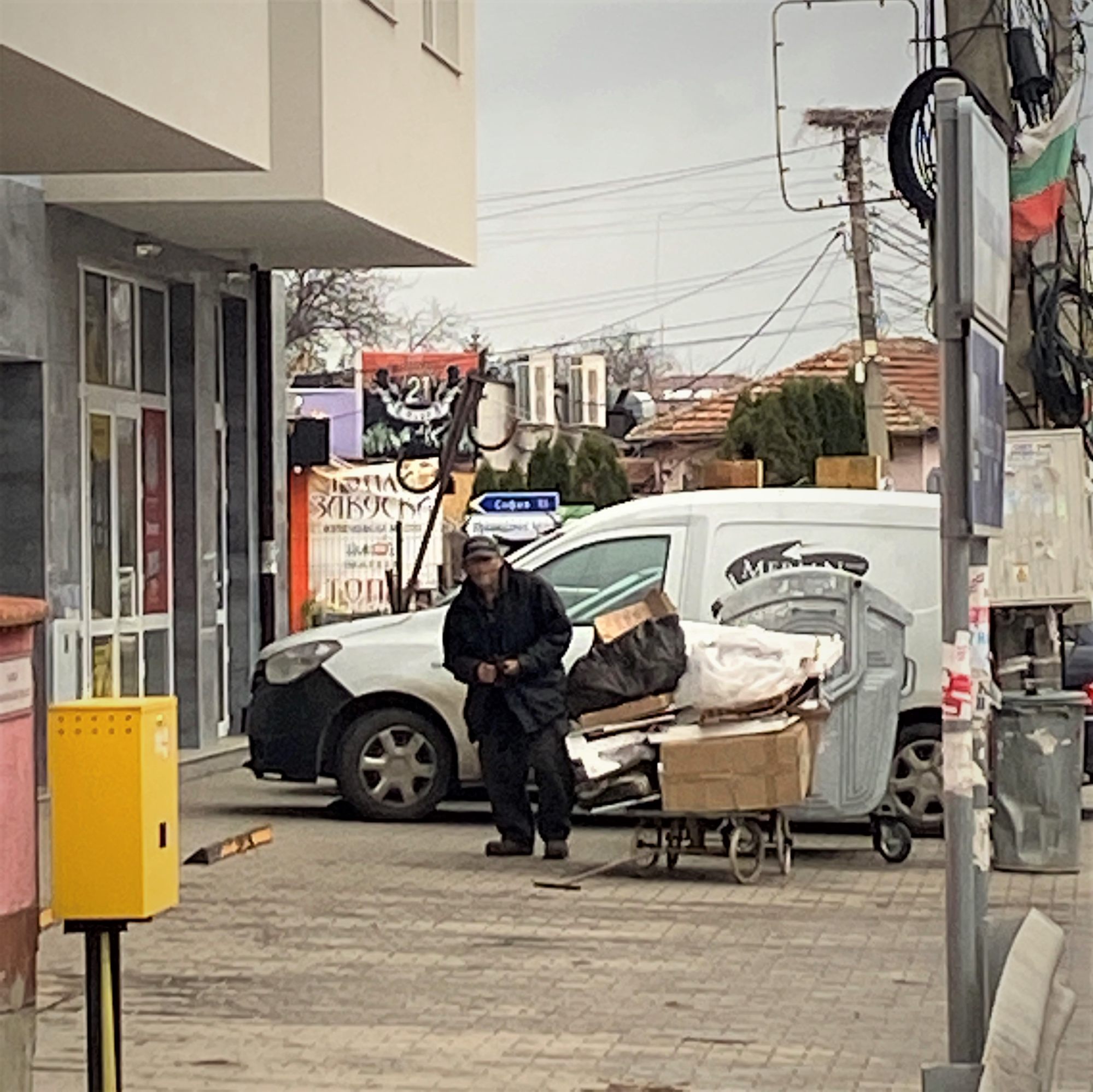
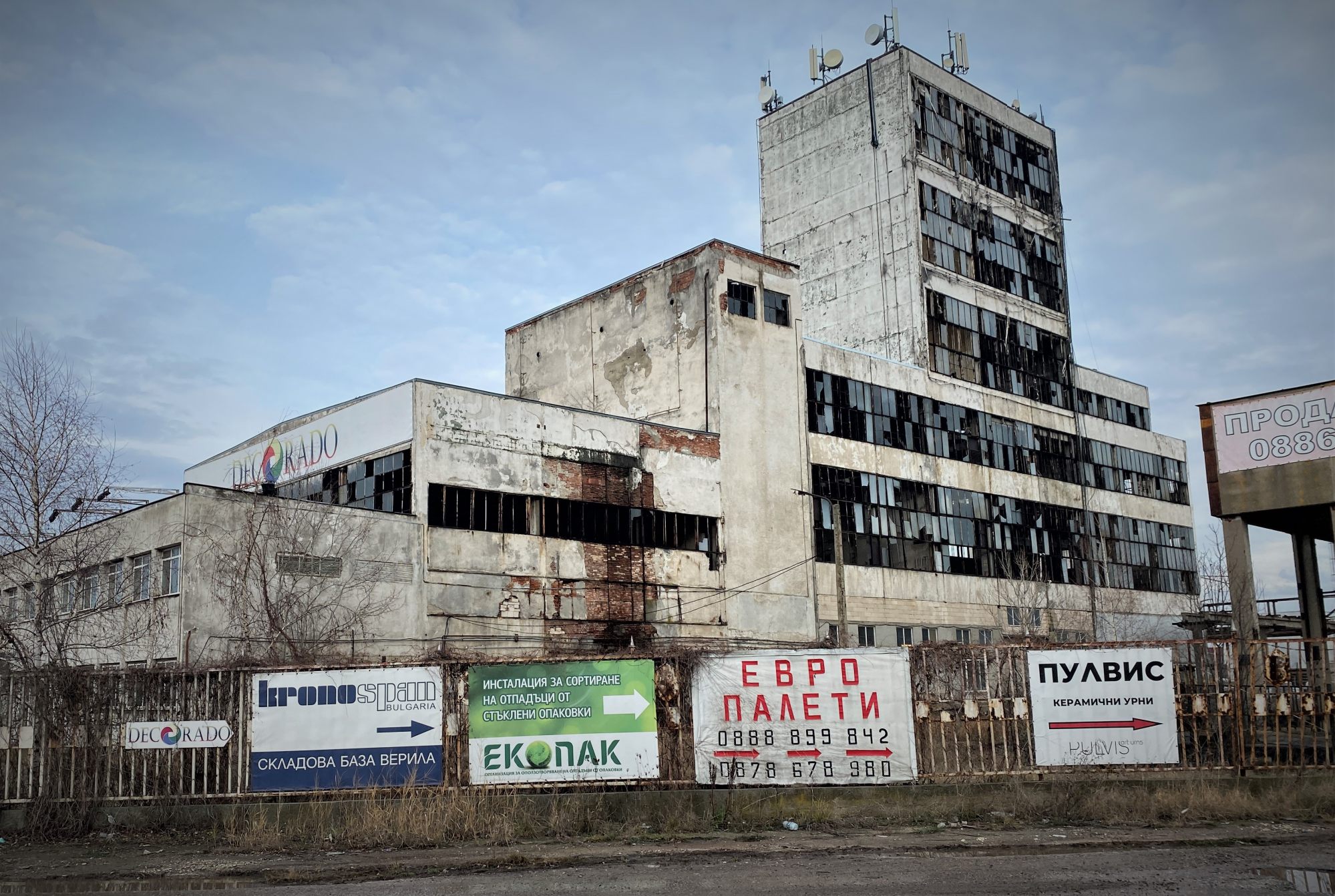
Covering 1 million square metres (247 acres) – 4,000 dedicated to a Bulgarian rose garden – St Sofia was to include Europe’s biggest world-class hotel, office blocks, a multipurpose indoor coliseum, a casino, an exhibition centre able to hold 31,000 people, an artificial lake and a children’s entertainment centre based on Sega’s Joypolis theme park in Tokyo, Japan.
Led by Hong Kong-based Bulgaria Development Holdings Limited, this project of boundless ambition promised to create 10,000 jobs during the construction phase, and thousands more after completion, in what a promotional video using computer-generated images described as “a milestone in China’s entrance into Europe under the Belt and Road Initiative”.
Back in 2016, the St Sofia project was promoted to potential investors at a presentation in the Bulgarian embassy in Beijing, where the then Bulgarian consul general in Shanghai, Dimitar Abadjiev, suggested buying shares in the project was a gateway to gaining citizenship of the European Union.
“Be our partners in the project of Bulgaria Development Holdings St Sofia,” he told the audience in a video uploaded to YouTube. “It is very important because you can buy shares in a project like this and you get permanent residency, and after that Bulgarian citizenship, which makes you citizens of the EU and you can benefit from free movement in the EU.”
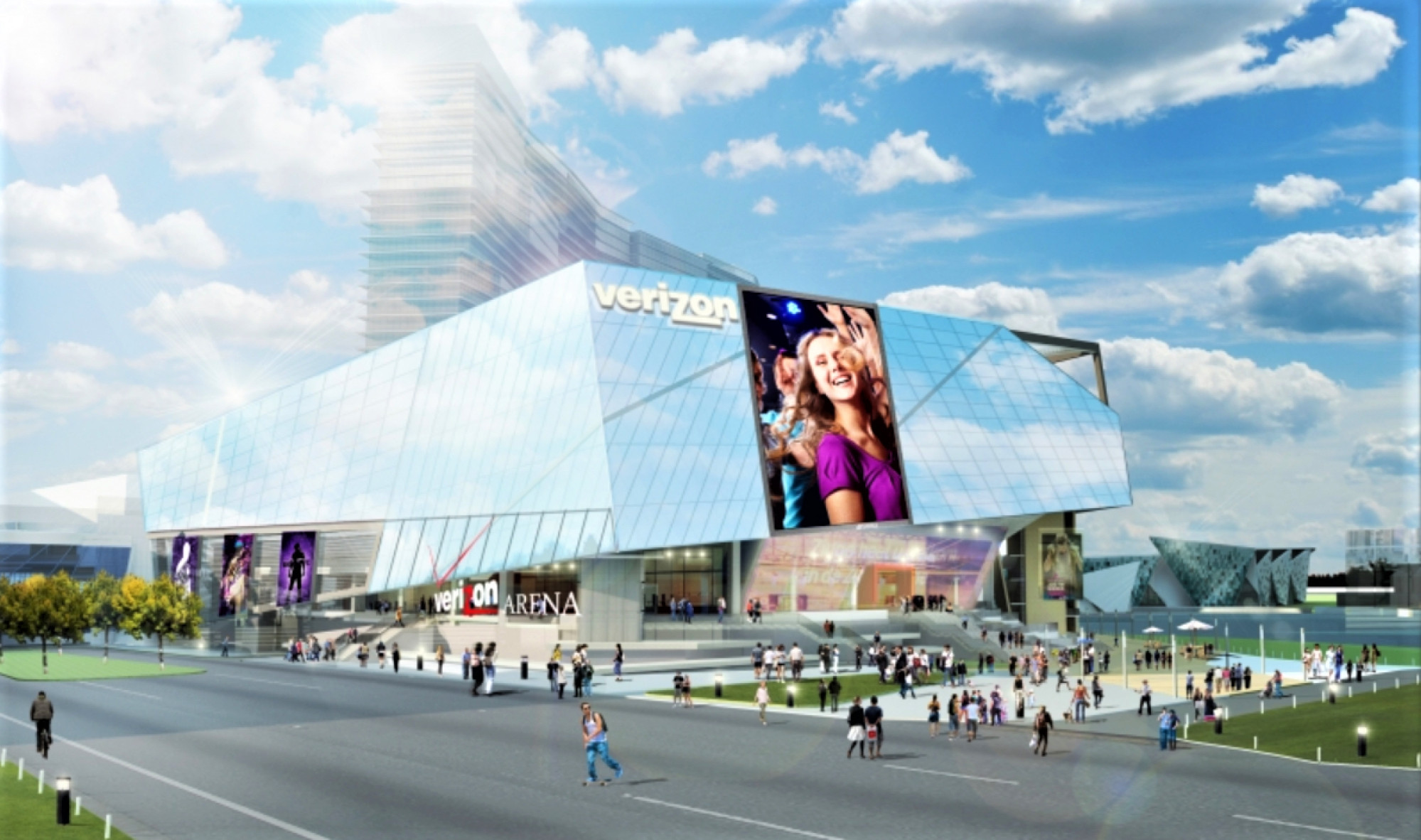
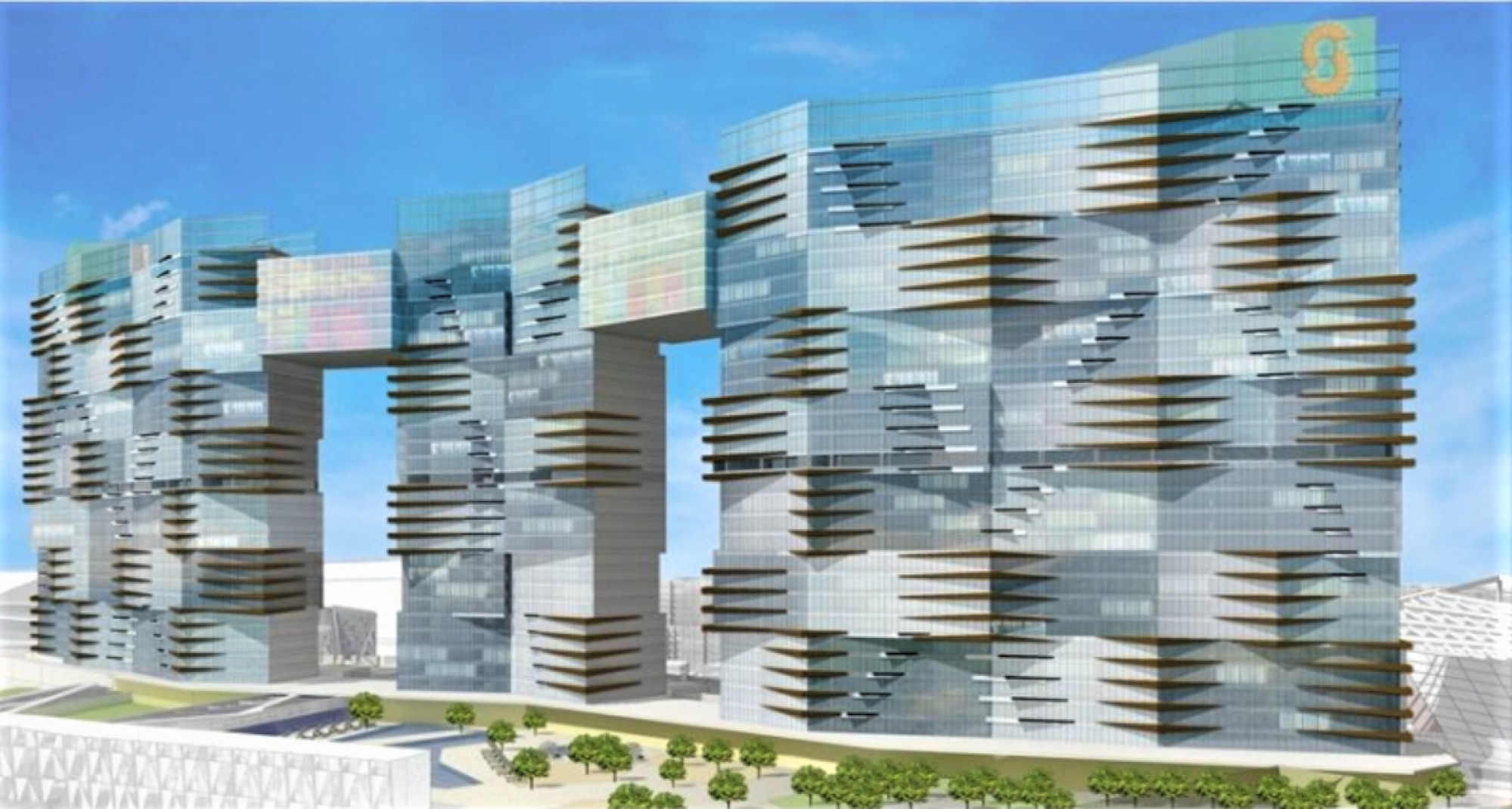
In rhapsodic press coverage in March 2019, the Chinese Communist Party-owned China Daily newspaper quoted the executive director of Bulgaria Development Holdings, Josie Lock Pui-sze, as saying St Sofia had the potential to boost not only the local economy, but the Bulgarian economy as a whole, and would “create an incremental 1 per cent of GDP growth and add at least 5,000 new jobs”.
Back in 2018, Lock’s company had announced the first phase of work would begin before the end of the year, and be completed by 2021.
A breathless report from Ravno Pole on China’s state-run English-language television channel CGTN told how heavy machinery would move into sunflower fields outside the village after that year’s harvest, to begin construction of Europe’s first smart city, all based on a concept it said had been “proven a number of times already in China”.
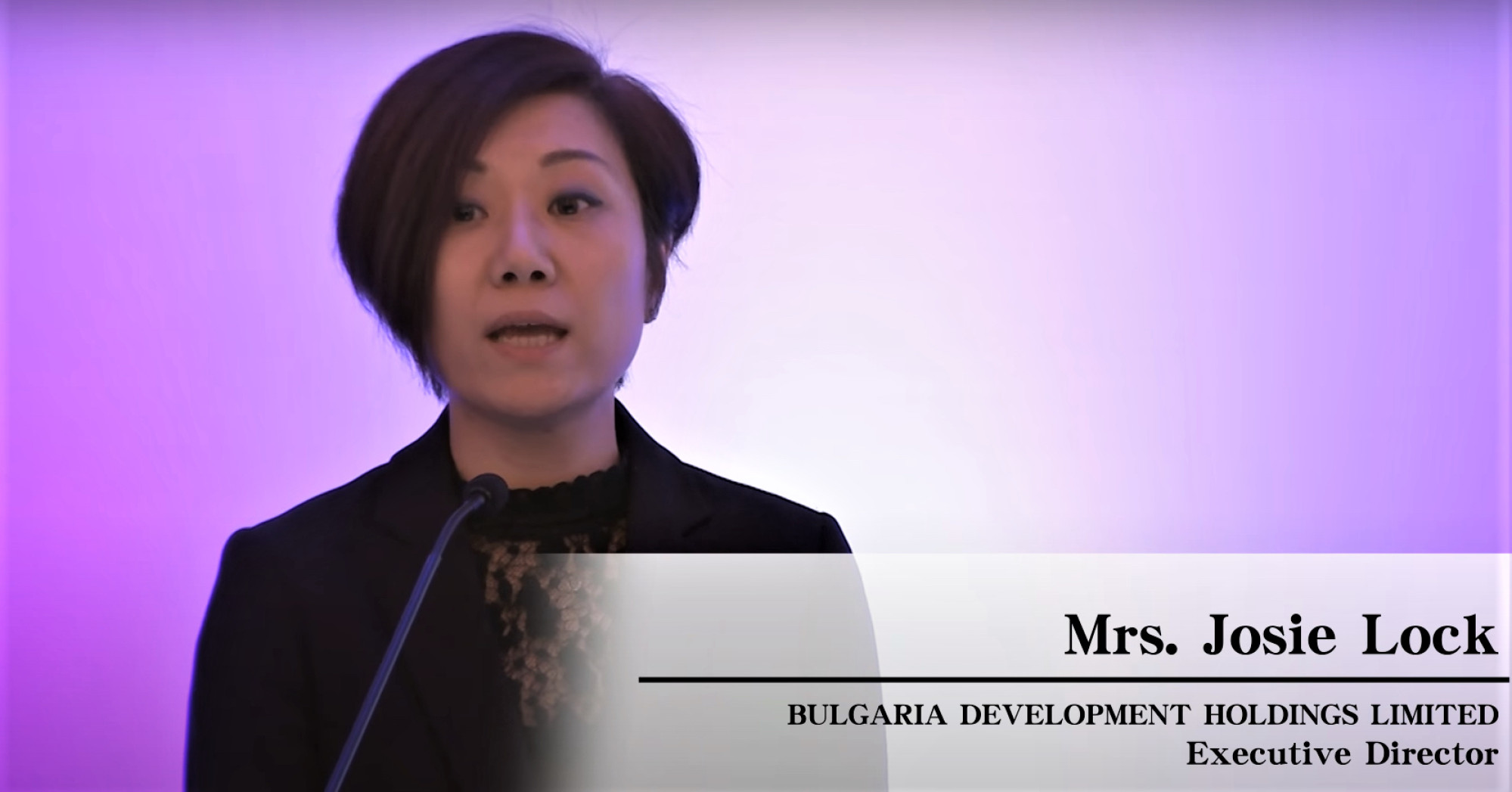
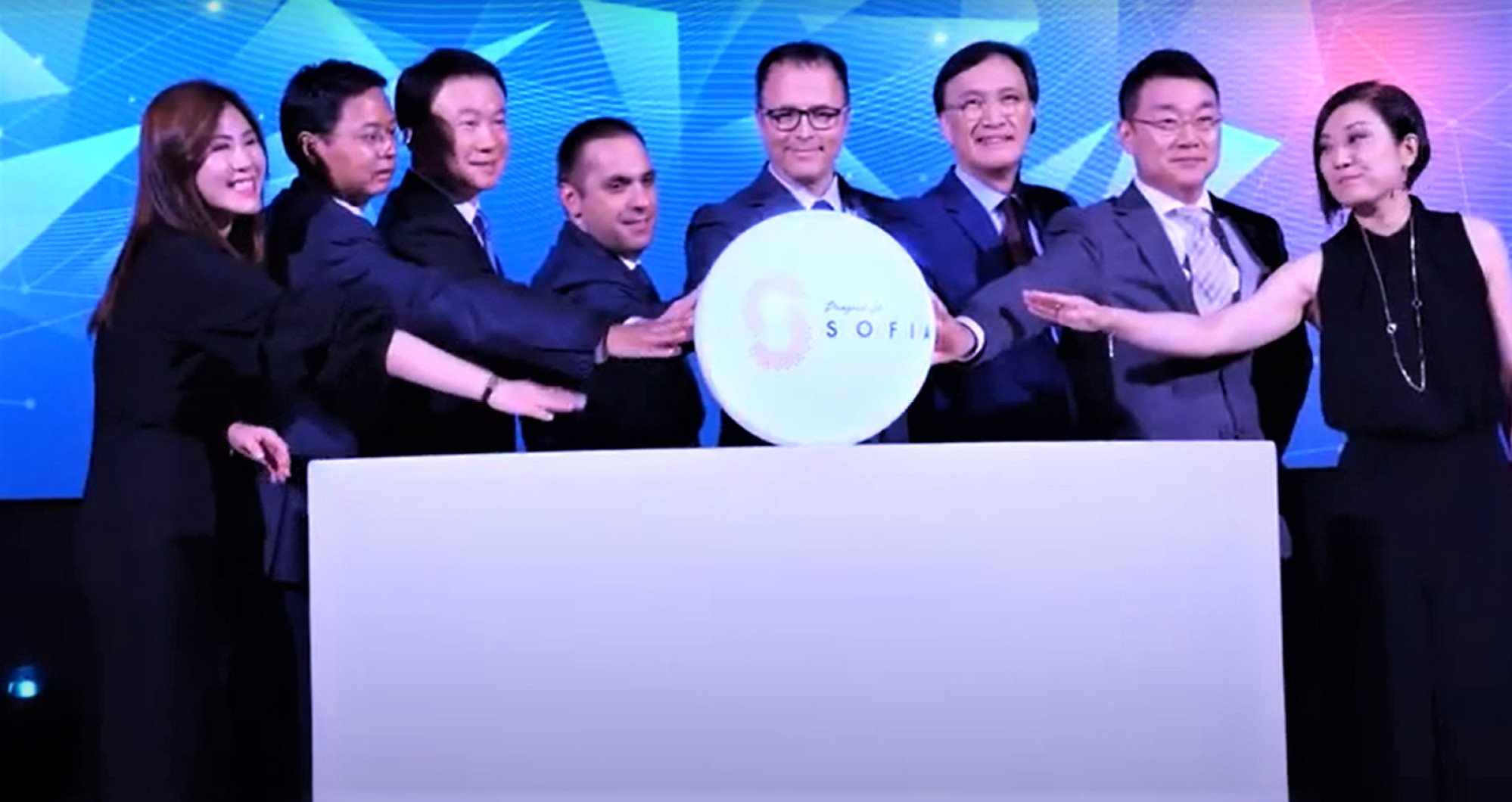
But if all the hyperbole seemed too good to be true for the residents of Ravno Pole, it was. Soon after the launch ceremony, things went quiet, the project collapsed, and Lock and her colleagues from Bulgaria Development Holdings moved out of their headquarters in a trendy shopping mall on the outskirts of Sofia – with around a year’s rent apparently unpaid.
Without a word of apology or explanation to those preparing to watch a city of the future take shape on their doorsteps – and without a line of coverage from the Chinese and Bulgarian media who so enthusiastically hyped the lavish plans – the golf course was sold to a group of Bulgarian businessmen in 2019, and life in Ravno Pole went back to its mundane grind.
So what went wrong? How could a megaproject that appeared to be endorsed by major Chinese investors, embraced by the Bulgarian government and promoted as part of China’s signature Belt and Road investment collapse, then disappear without a trace?
Whatever killed the St Sofia smart city, it was nothing to do with the pandemic, says Angel Angelov, CEO of the St Sofia Golf Club and Spa, his eyes twinkling with amusement when we caught him in the car park of his golf club and asked him what had become of the smart city everyone was promised.
“We bought [the golf club] from them in September 2019, before Covid,” he says. “They bought the golf club and pretty much this was it.”
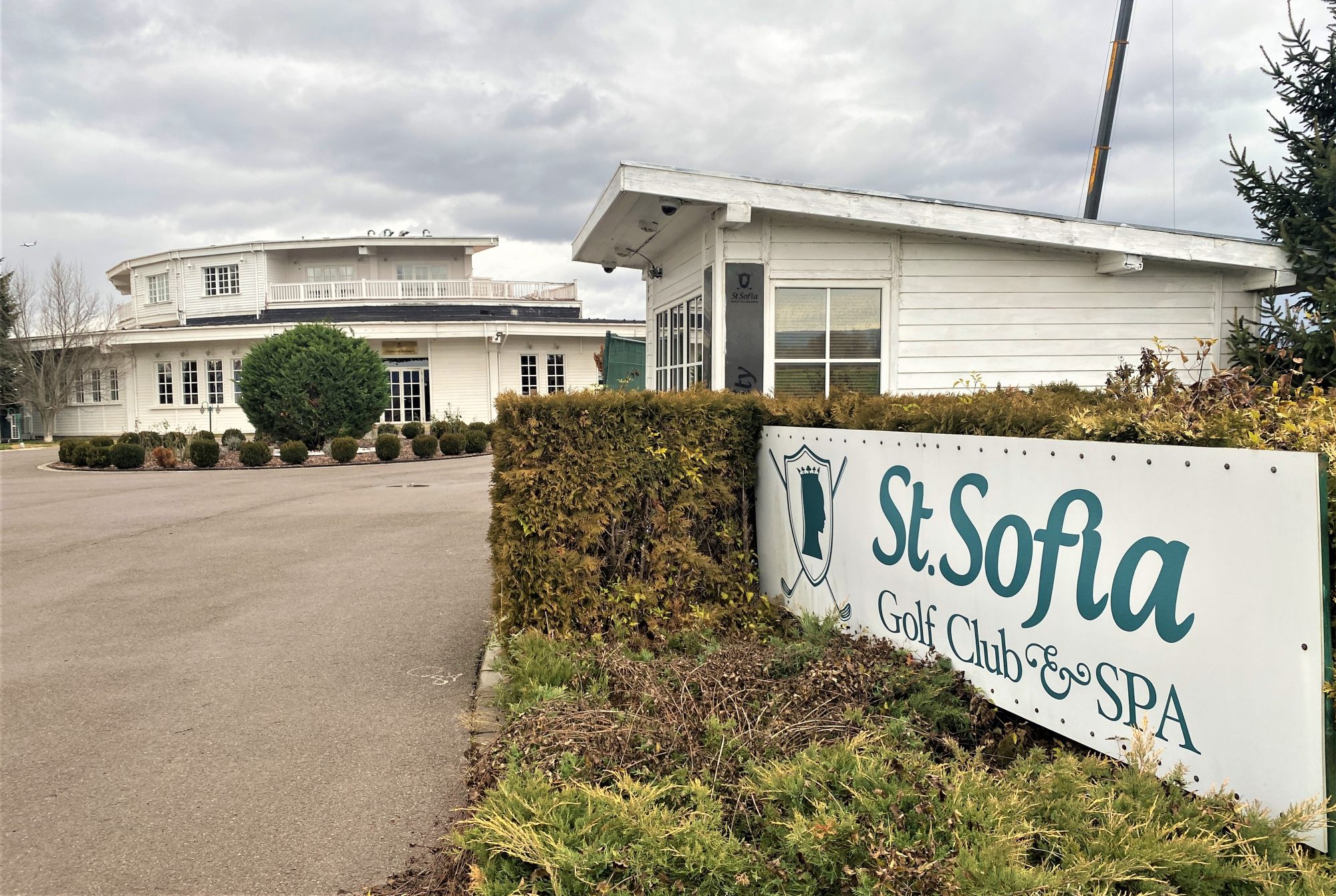
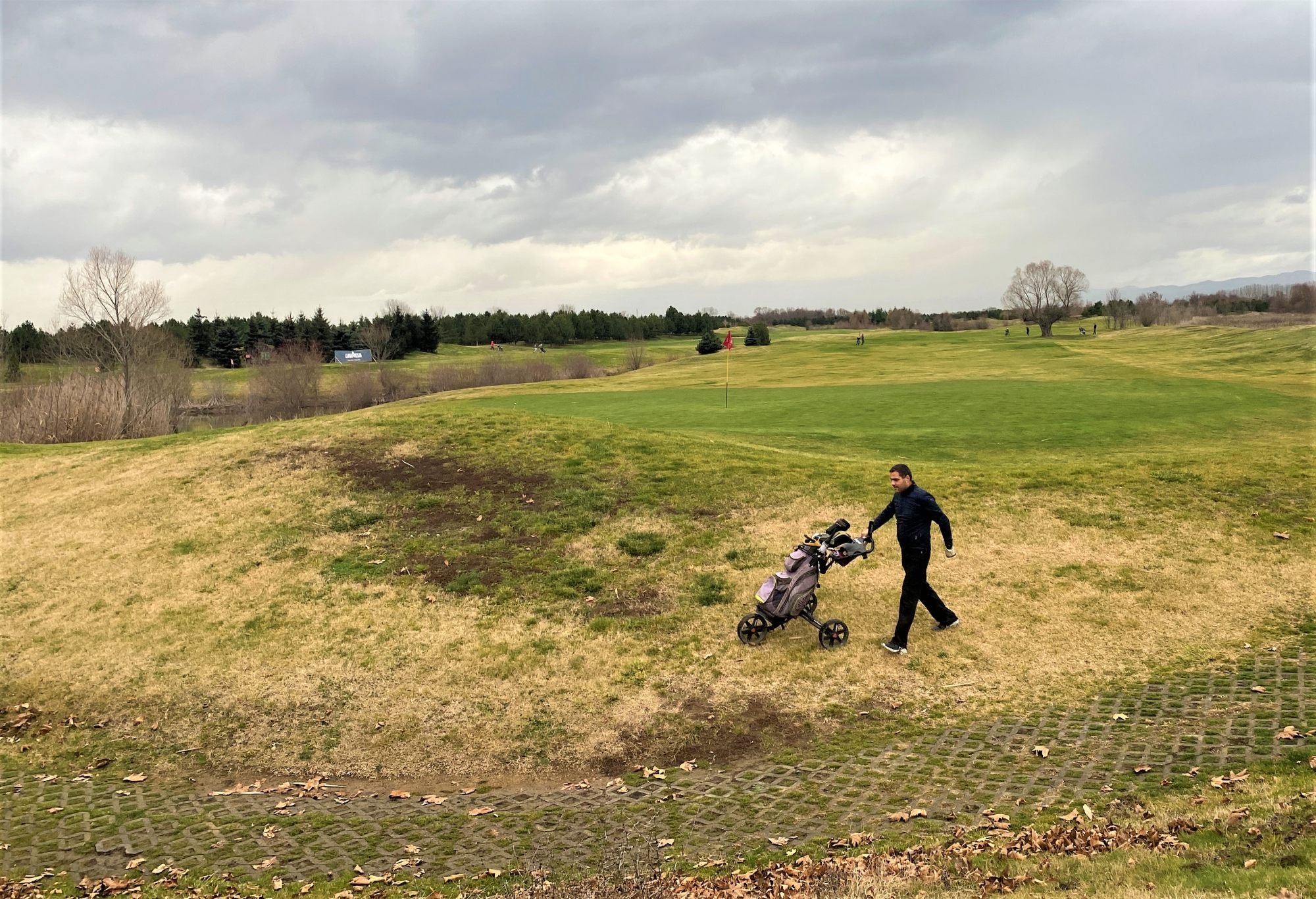
As for the promotional videos and their extravagant claims, Angelov laughs: “What they were showing to people was quite different to reality. It was only on paper [that] it was OK. Everything else was a disaster.”
Bulgaria Development Holdings “are not officially bankrupt, but they owe money”, he says, confirming that “their offices are closed because they didn’t pay the rent”.
Under Angelov, the golf club’s 250 members – mostly city dwellers who make the half-hour drive from Sofia – can look forward to a more modest expansion of the club.
Angelov gestures towards a construction site alongside the existing clubhouse, where “we’re building 70 rooms and apartments, a 3,000 square metre (32,300 square foot) spa with mineral water and a conference block. That’s pretty much it […] and building a couple of houses near the 18th green.”
As he gets into his car, clearly savouring the schadenfreude of his predecessor’s downfall, he adds with a grin: “It isn’t going to be the Bulgarian Las Vegas.”
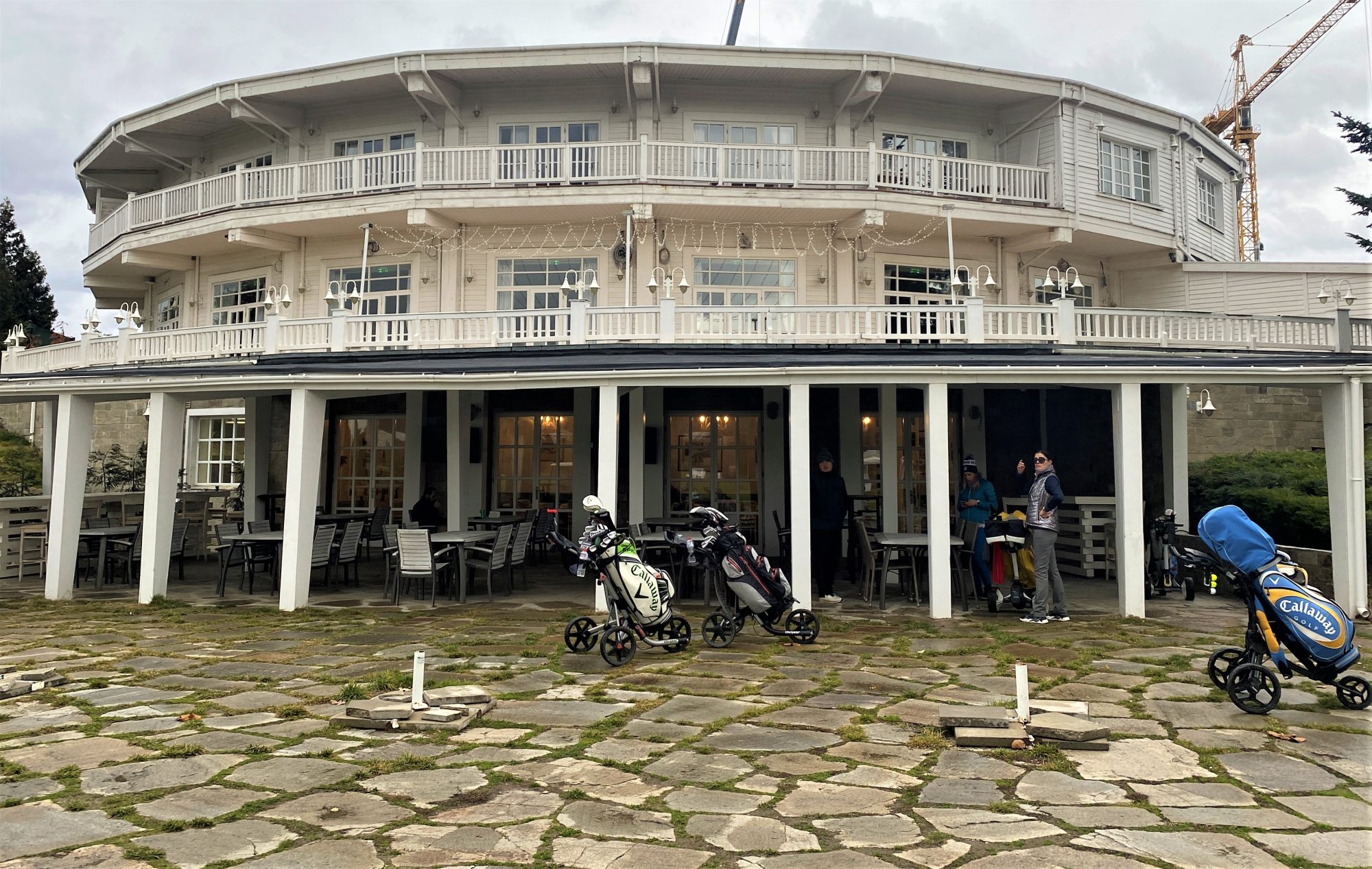
Midway between Ravno Pole and the historic centre of Sofia is Megapark, a trendy crimson and grey high-rise office and shopping hub, whose office tenants include Huawei, LG Electronics, and global testing and certification company SGS.
It was also, until recently, home to Bulgaria Development Holdings.
When we ask at the reception counter whether anyone is in their office, the receptionist replies apologetically: “They left some time ago and they left no forwarding details, I’m afraid. Quite a few people have come here asking for them, but we don’t know where they are.”
There is no question this project was a big deal for the Bulgarian government. In August 2017, the InvestBulgaria Agency announced the project had been granted priority investment status, and that it would benefit from a range of state-guaranteed incentives, approved by the coalition government led by then-prime minister Boyko Borissov.
The incentives under the Bulgarian Investment Promotion Act would include shorter administrative procedures, easier acquisition of land and property, state aid for investment in production and science and concessions over labour costs.
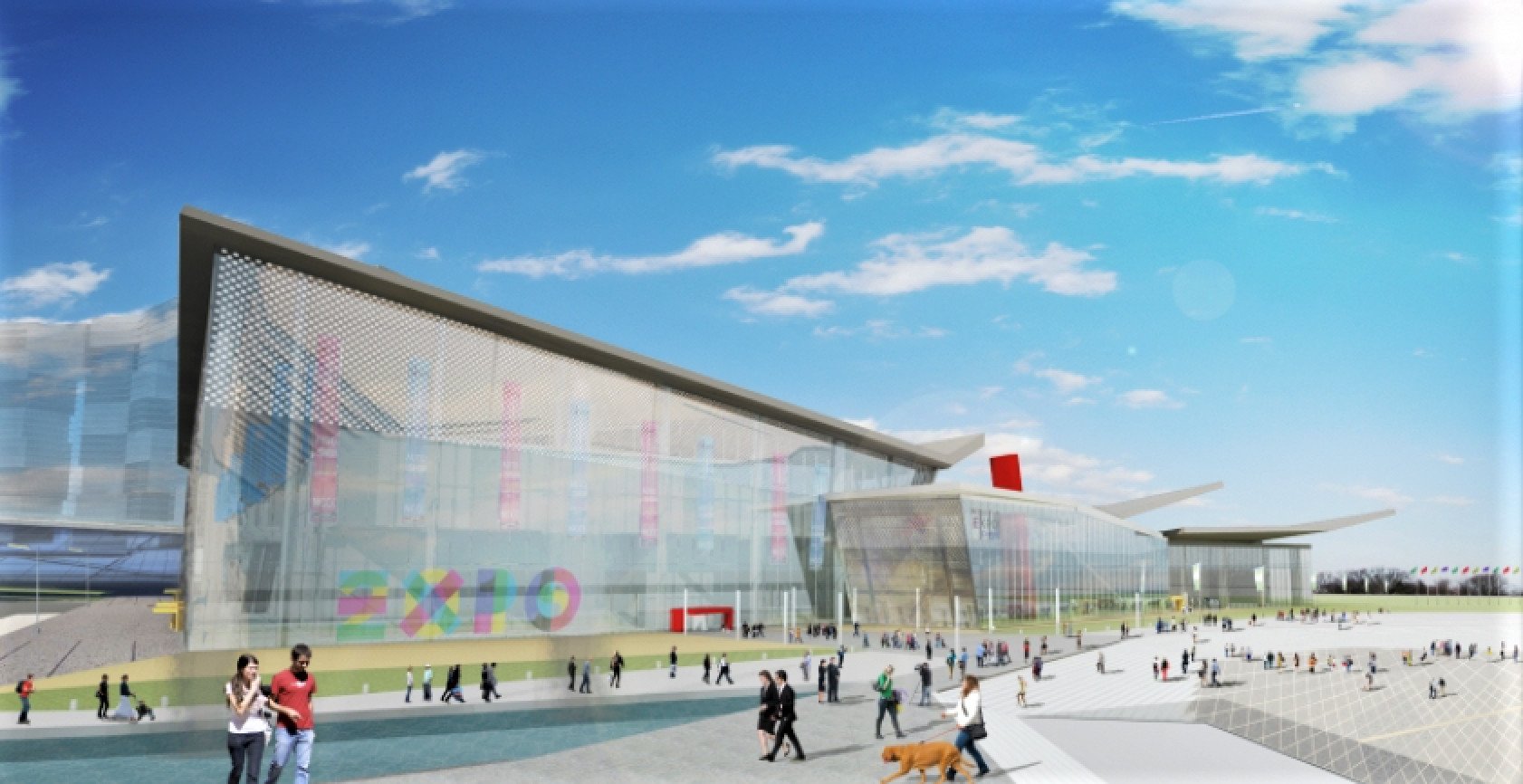
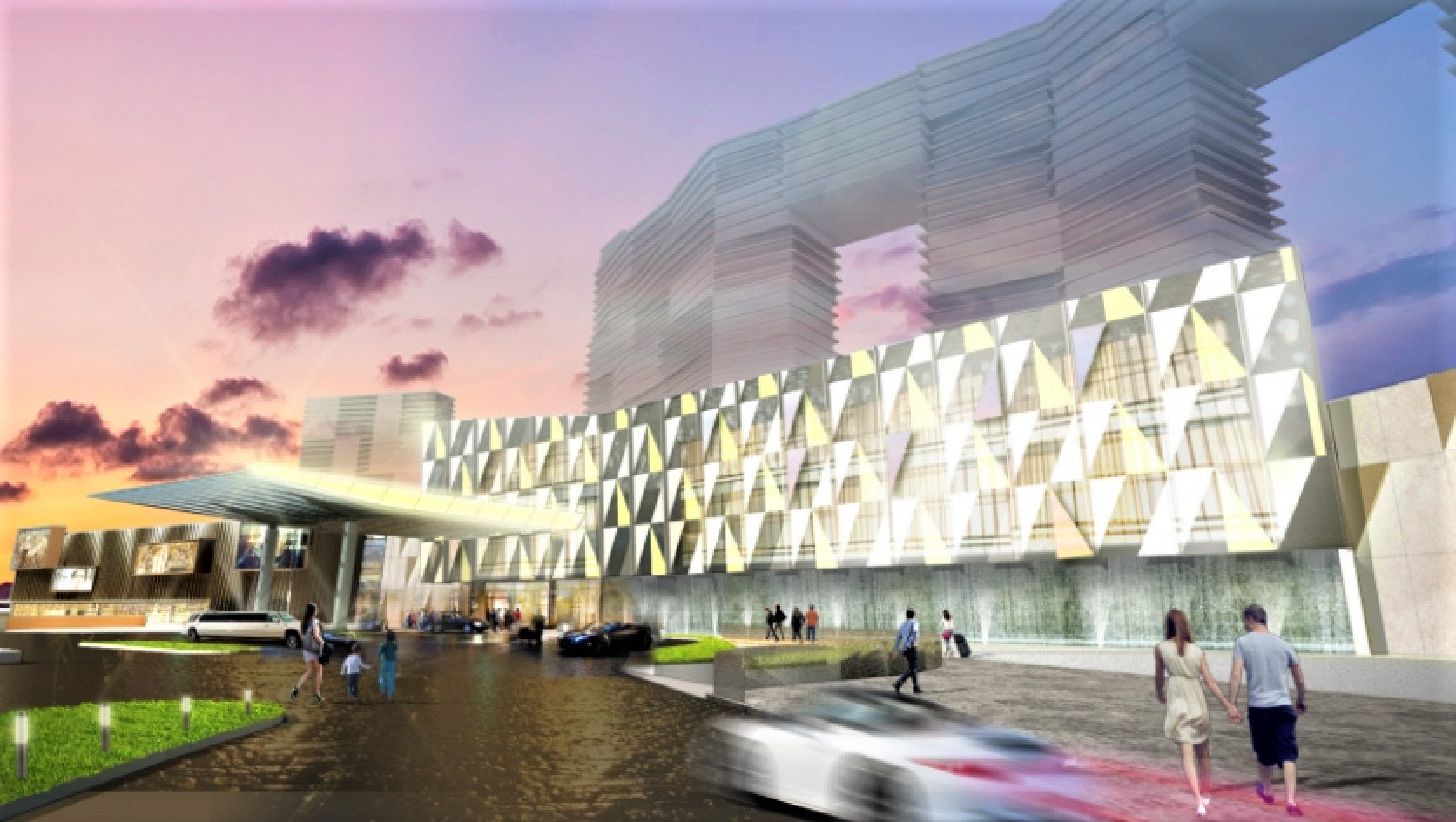
At the end of 2022, no one in the Sofia office of the InvestBulgaria Agency is prepared to give a face-to-face interview about the fate of the St Sofia project, which they appeared so committed to over a number of years.
Secretary general Teodora Stavreva does, however, agree to answer questions submitted by email, stressing that the investment forum and other presentations in China served a broader purpose than just promoting the St Sofia project.
“One of the main goals of the InvestBulgaria Agency is to attract investors to Bulgaria,” she writes. “The participation in investment events or the organisation of such events by the InvestBulgaria Agency abroad is a part of the proactive marketing performed by the agency.”
Asked why the project had collapsed, Stavreva replies: “Two main reasons can be given. Firstly, unsecured financing, and secondly, problems arose during the procedure for acquiring the land plots on which the project [was] to be implemented.
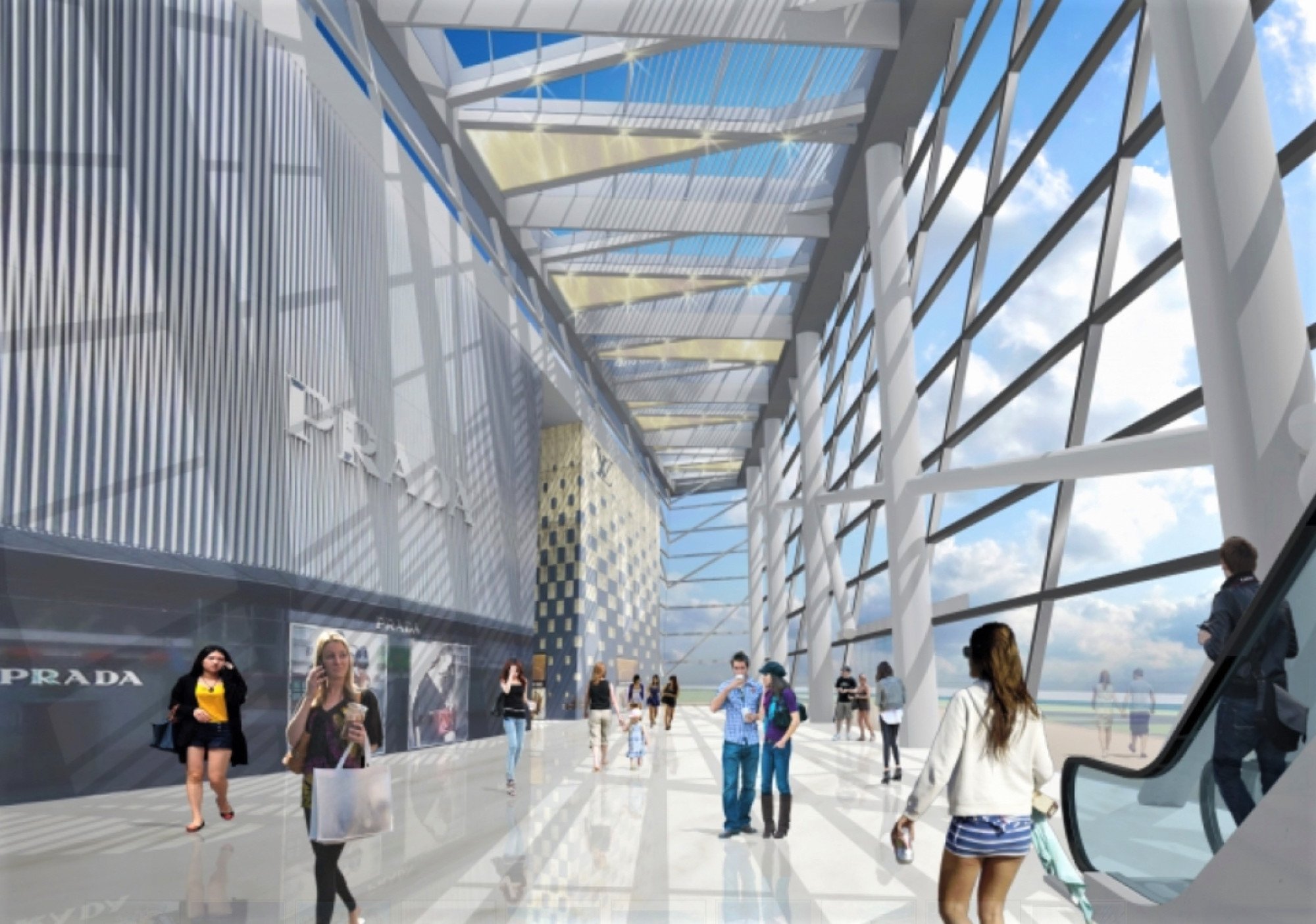
More than two years after the disintegration of the St Sofia project, the videos and press releases promoting it remain posted on the Bulgaria Development Holdings website, and for someone who has seen a billion-euro vision collapse in such dramatic fashion, Josie Lock appears remarkably sanguine.
In a telephone interview followed by a meeting just before the Lunar New Year, in a coffee shop in the high-end Hong Kong mall Times Square, Lock says she was in Bulgaria only weeks earlier, and still hopes to resurrect the project – albeit on a much smaller scale and in a different location, closer to Sofia.
Lock has the air of a competent and pragmatic Hong Kong businesswoman, and refuses to accept the St Sofia project should be viewed as a failure.
“It’s [been] a nightmare for me,” she says, adding that securing funding for construction loans from China has involved “quite painful procedures”.
She first denies the project was even linked to China’s Belt and Road Initiative. Then, when reminded it was used repeatedly in their own promotional videos, she explains that “ZTE said, ‘Because we are partners we can help you say this is a Belt and Road project.’
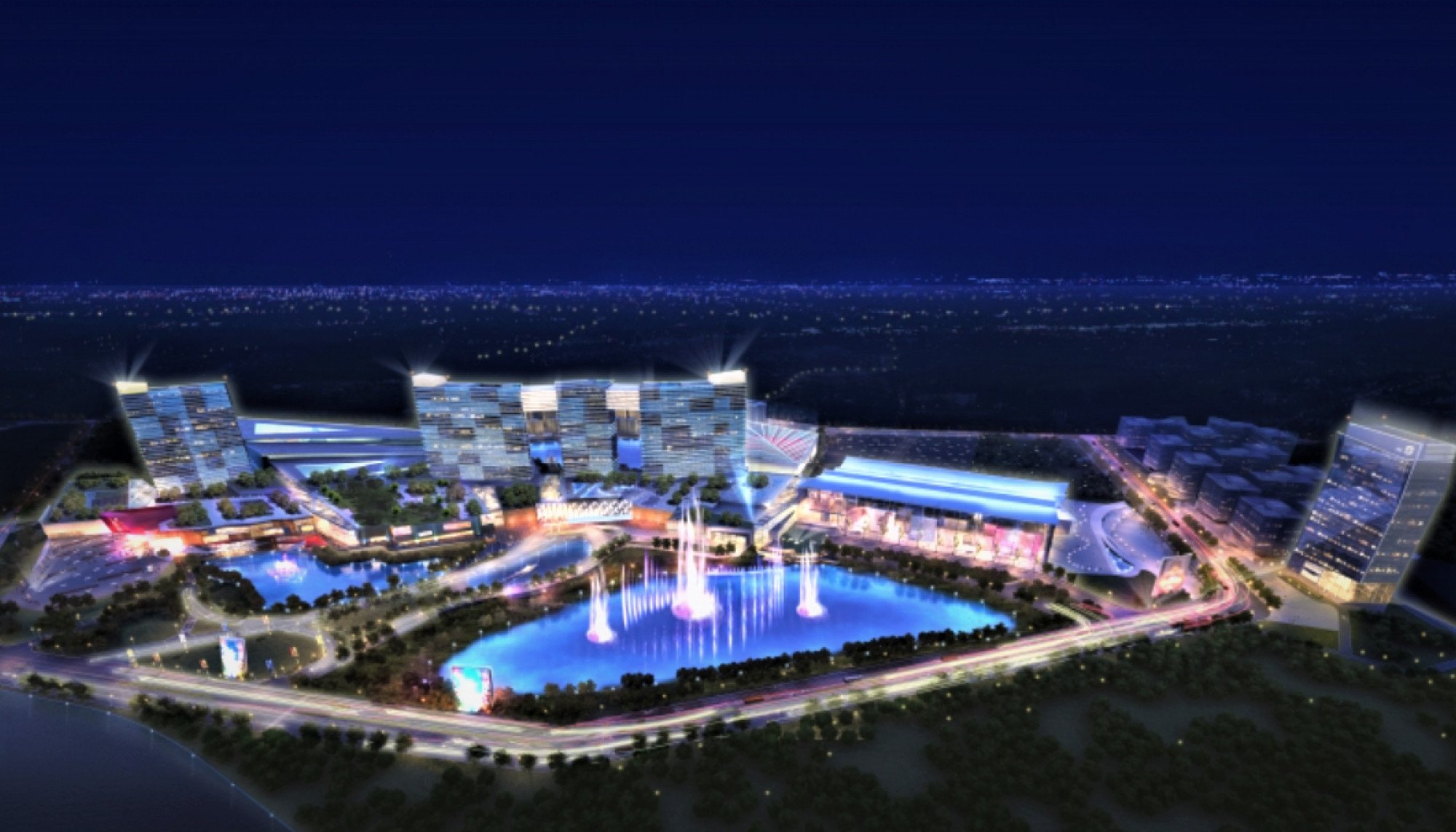
“But honestly, we do not get any funding from China. [Belt and Road] is a name, it is a gimmick.
“It doesn’t matter to us how it is named. We have private investors. We just want to make the project happen.”
She says ZTE “supply the contractor and supply all the technology, so that we can have a smart city concept for the project. But they did not spend even one cent on the project.”
Lock confirms Bulgaria Development Holdings has been in dispute with Megapark over a year of rental payments, saying: “We are scaling down the project and starting again, and we asked them for a haircut on our previous rent.”
She also confirms the golf course was sold at a loss in 2019, “but not a big difference [from what we paid]”.
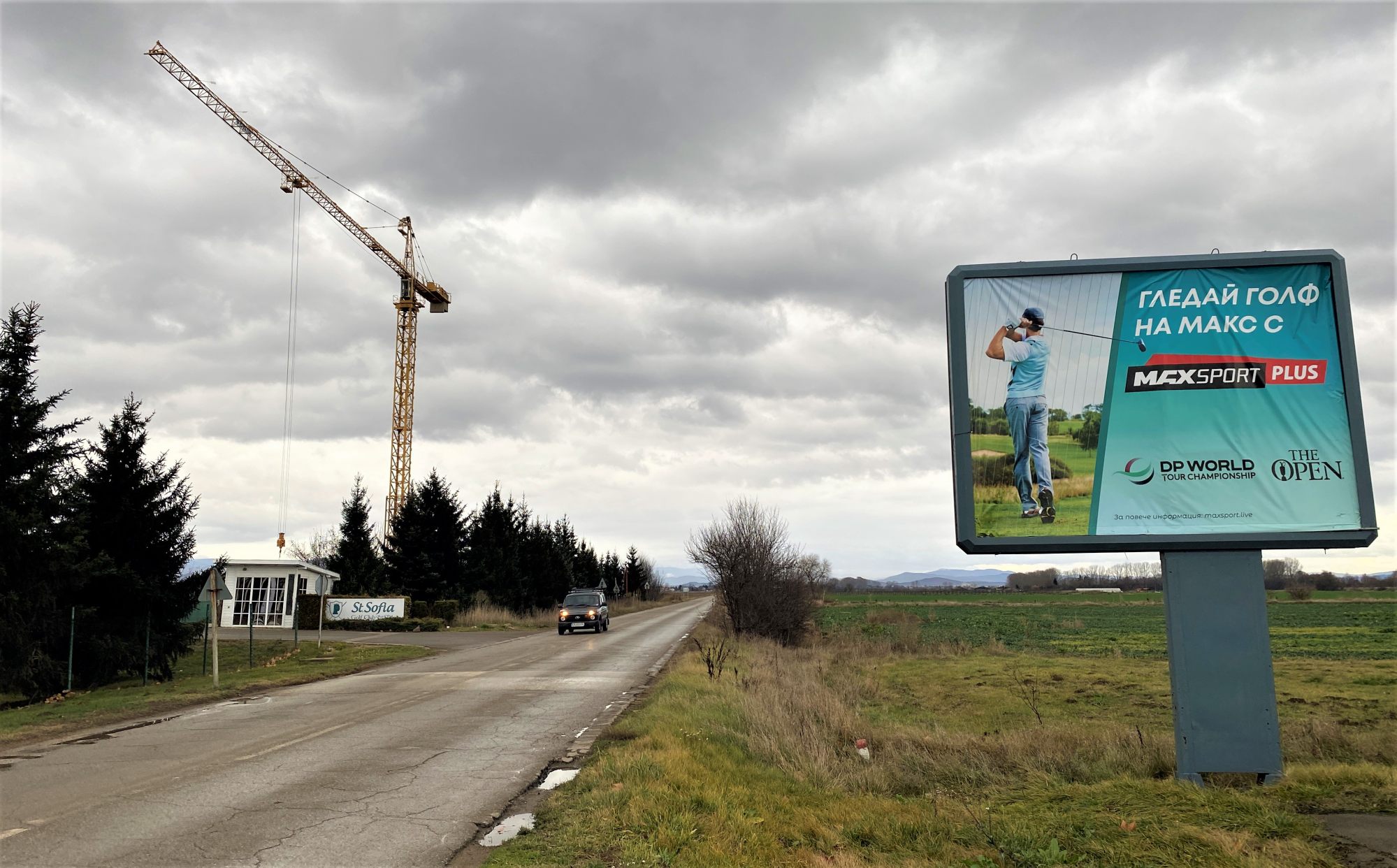
Lock says she did not meet any Bulgarian government officials on her recent visit to the country but insists she can still work with them in future.
“They are promoting themselves a lot in Asia, but they are not good at marketing.”
She adds that the political situation in Bulgaria is “difficult” and “one of the reasons the project stalled”.
“If there are new investors looking for this kind of project at the moment we would welcome them,” she says. “We would prefer to find a financial institution to provide for the construction because that will be the heaviest part of the investment.”
“Starting from this year we are rescaling the project,” she says. “We may not build the water park right now. We had plans for an arena as well, now we will only keep a small exhibition hall.
“It can still be a smart city, but a small smart city.”

